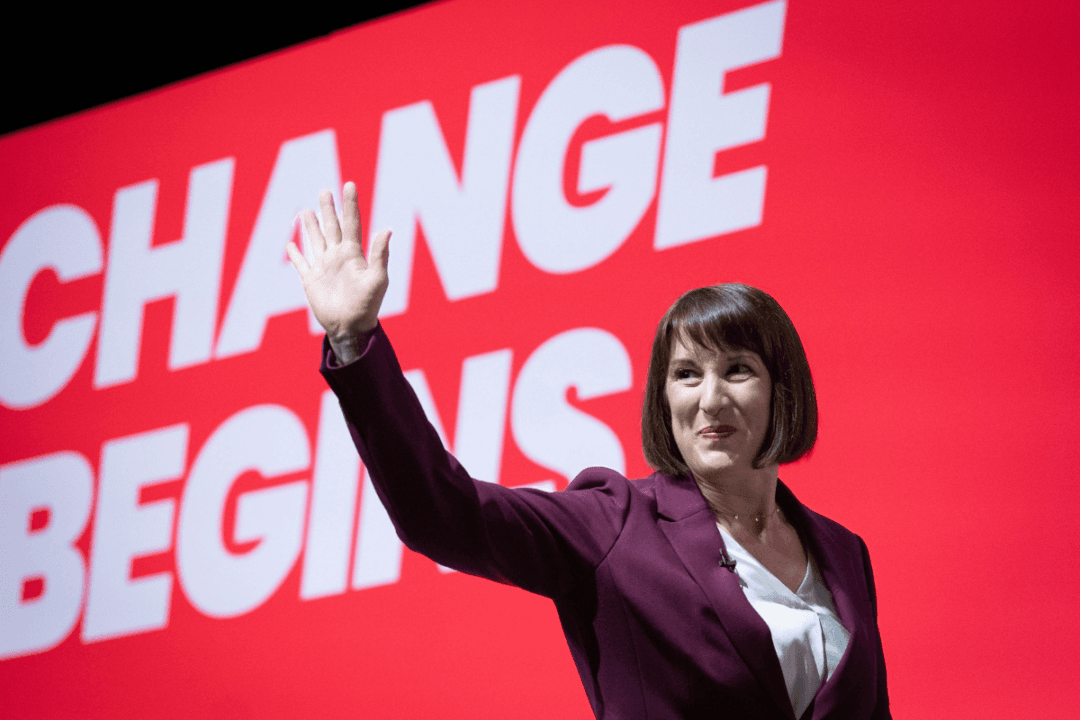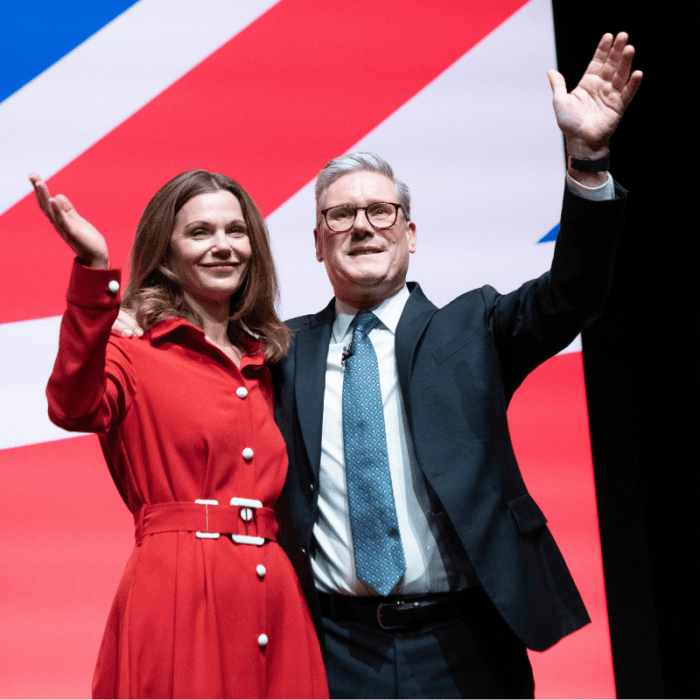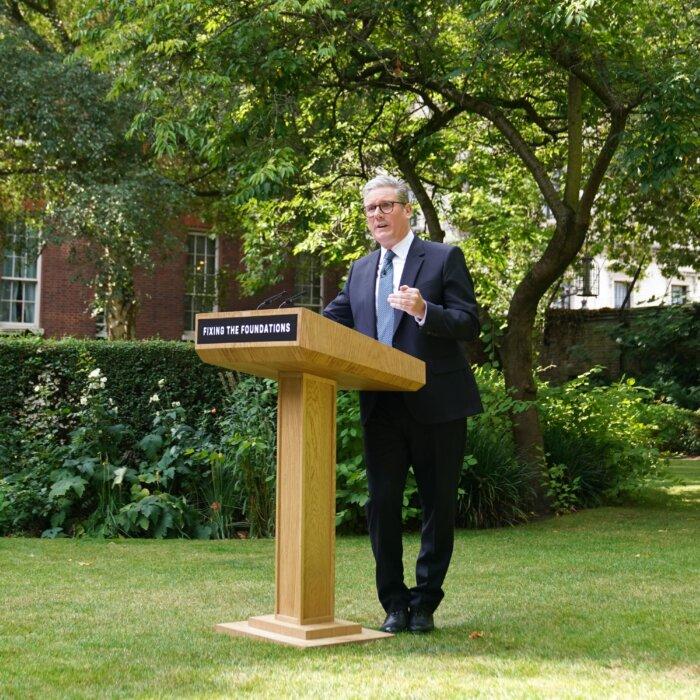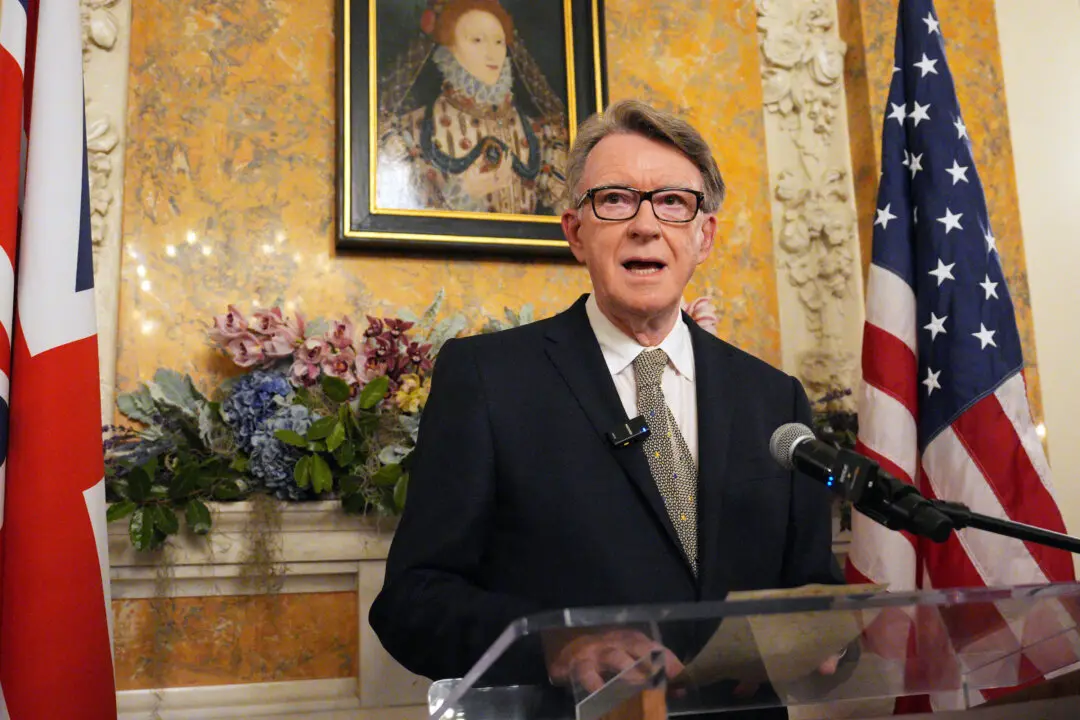The UK economy grew in August after remaining flat in the previous two months, according to the latest official figures, in a slight boost for Chancellor Rachel Reeves ahead of her first Budget at the end of this month.
The Office for National Statistics (ONS) said GDP had recorded 0.2 percent growth in August, up from no growth in June or July, when Labour won the general election.
This was in line with economic forecasts, with Reeves’s Budget still expected to be one of cuts to public spending and increases to some taxes, especially for higher rate tax payers, although not to general taxation.
Prime Minister Sir Keir Starmer has warned he will not be afraid to make more “unpopular decisions,” following July’s unexpected scrapping of the winter fuel allowance for most pensioners.
Reeves called the latest figures “welcome news,” adding that economic growth remains the “number one priority of this government so we can fix the NHS, rebuild Britain, and make working people better off.”
‘Tough Decisions’ Ahead
Reeves has echoed Starmer in warning that the Budget will feature “tough decisions” from the government.The economy still looks relatively weak compared to the first half of 2024, when it was bouncing back from a recession in late 2023 having been ravaged by the decision to lockdown the country and impose other restrictions over a two-year period.
ONS Director of Economic Statistics Liz McKeown said: “All main sectors of the economy grew in August, but the broader picture is one of slowing growth in recent months, compared to the first half of the year.
“In August, accountancy, retail, and many manufacturers had strong months while construction also recovered from July’s contraction.”
Services Sector Growth
The services sector was the main contributor to growth, up 0.1 percent in August after a similar rise in July.The smaller production sector saw growth of 0.5 percent after a 0.7 percent contraction in July, revised from a 0.8 percent estimate in last month’s figures.
Construction output grew by 0.4 percent in August, following an unrevised fall of 0.4 percent in July, and grew by 1 percent in the three months to August.
Bank of England rate setters are next set to meet in November, where most economists have predicted another quarter-point cut to the base rate of interest.
However, Suren Thiru, economies director at the Institute of Chartered Accountants in England and Wales, said the positive GDP figure means a rate cut is not yet certain.
“While interest rates are still likely to fall in November, these positive figures mean it’s not quite a done deal by giving the more hawkish rate setters enough encouragement over economic conditions to hold off voting to relax policy,” he said in a statement.
Luke Bartholomew, deputy chief economist at asset manager Abrdn, said: “After a strong performance over the first half of the year, the economy was always likely to slow somewhat over the second half.
“But the worry is that speculation about the upcoming Budget will cause an even more pronounced slowdown.
“These figures confirm a reassuring rally in output, as easing inflation and better weather helped return the economy to growth by reviving activity in key sectors, including retail and manufacturing.”
The figures come ahead of a government-hosted business summit in London next week, designed to attract more foreign direct investment into the UK.







